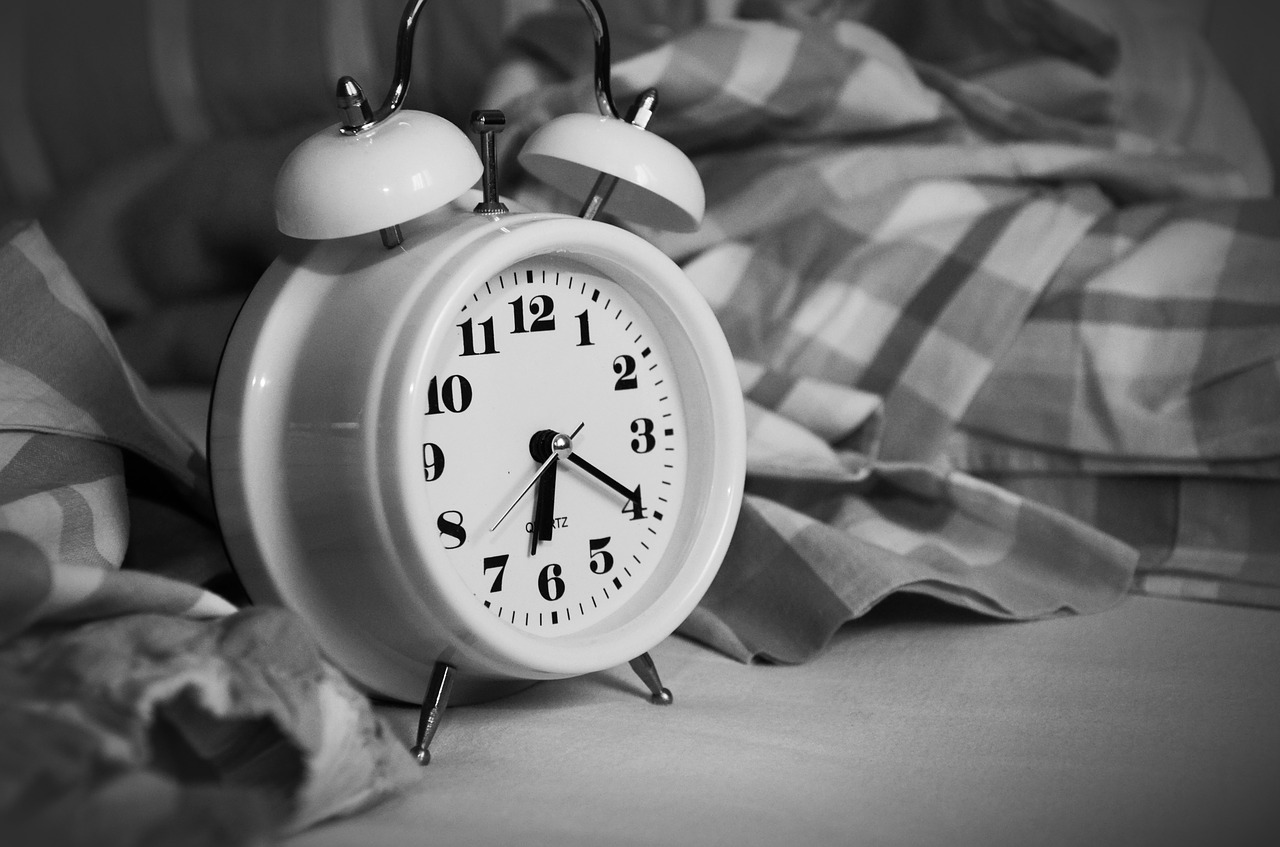How Can Late-night Workers Have An Improved Sleeping Schedule?
If you could illustrate your health and wellness score on a pie chart, nutrition and exercise only make half of your entire health game. The quality of your sleep and emotional wellness play equally bigger roles and deserve the same attention. This is why you always hear us talking about giving equal importance and value to your sleep quality and your mental wellness.
When we speak of sleep, we often address this pillar of health from a very general perspective — whether it is sleeping at night, waking up in the morning, or living in harmony with the circadian rhythm. But as times have changed, our lifestyles have followed their course too. Today, several people work graveyard shifts to earn their daily wage. Some of us even work while adhering to the different time zones, especially during the pandemic and work-from-home settings.
This paradigm shift is possibly the reason why our inboxes are overpouring with queries from night shift workers. The biggest question on their minds is — How do I improve my sleeping schedule?
Well, we are here to answer all your queries and share some simple lifestyle changes to help you sleep better.
If you are a night shift worker, you could belong to either of two categories:
- You are working at night due to a personal choice, perhaps because you like working at night.
- You are bound by your work schedule and have no choice.
By chance, if you fall into the first category, here’s some advice for you. Unless you have fully exhausted all other options and possibilities of working a standard 9-to-5 job, do consider working night shifts for just a temporary period while you continue searching for a day job. Working nights for extended periods is only disturbing your natural biological clock and interrupting the laws of nature for the human body. You are disrupting the intelligence of your body and its ability to heal itself. Above all, you are risking exposing your body to chronic health issues and potential diseases. Hence, choose wisely.
This is not to scare you but to make you aware and motivate you towards living a consciously healthy life. Science and research show how working through the night can affect and increase cancer risk from anywhere between 33% to 55%. Sleeping late is classified as a carcinogen. Hence, this is one among many other negative effects of a disrupted biological clock.
Again, this information is not to put you in panic mode. It is to educate and encourage you to adopt a healthier lifestyle that enhances the natural strengths of your body and allows it to overcome its weaknesses.
If you belong to the second category and have no choice regarding your work schedule, it is even more important for you to take precautionary measures and extra care of your health.
As a night shift worker, it is only natural that your body will eventually adjust to your schedule. However, you can consider these points below to have an improved and healthy sleeping routine.
- Don’t pile up your sleep for the weekend. You eat and breathe every day. You don’t wait for the weekends to do it just because you are working at night. Do you? Your body works relentlessly every single day and moment, performing numerous functions. Hence, quality sleep every day is significant to ensure its proper and optimal functioning, especially while working night shifts.
- Sleeping and waking up at the same time is how you can trick and train your cycle. If your night is daytime for you, you have to turn your day into the night-time as well. Sleep consistency is significant to strike a balance. Messed-up sleeping schedules have the power to cripple your health and worsen it. So, stick to a fixed sleeping schedule. Minimize and cut out all forms of distractions while you sleep. Setting boundaries with family members and others around you during your resting time will help too.
- Follow your sleeping schedule even on holidays, as much as possible.
- Take a power nap just before resuming your night shift. This makes you more alert.
- If your work includes screen time, invest in blue-light-blocking glasses. These glasses filter blue light and ensure minimum exposure to it. You might also consider using apps that adjust your phone’s screen brightness as per sunrise and sunset.
- When you come home from work consider relaxing activities, like a shower or a bath or meditation, before bed.
- Have thick, dark-colored curtains in your room that prevent light from penetrating inside. You can also try sleeping with an eye mask if your bedroom is bright during the day. A dark environment is conducive to sleeping and boosts the body’s sleep hormone, melatonin. Maintaining optimal levels of this hormone is associated with preventing cancer among other diseases, and building immunity.
- Switch off your phone while sleeping to ignore any disturbances. Use earplugs to block outside noise, if any.
- Be mindful of your caffeine intake during your work hours. Consume it in moderation. Drinking herbal and non-caffeine beverages is much safer.
- Just like sleep, be consistent with your meals as well. Eating at the same time every day will build and promote a regular body cycle.
- Make sure your plate is filled with nutritious foods, Include plenty of fruits, vegetables, and whole grains to avoid stomach problems and ensure healthy body weight and energy levels. Carry healthy snacks from home to avoid indulging in fast foods.
- Avoid eating the largest meal of the day within three to four hours of bedtime. Also, avoid alcohol during this time.
- If possible, consider light stretching, walking, or jogging around your workplace during your break. Even a little exercise can provide an energy boost. It will also enhance your sleep quality.
- Wear sunglasses when you leave work during bright hours as this can interfere with falling asleep when you reach home.
- Take public transport or make use of your company’s transit services while heading back home. Some statistics show how midnight to dawn is one of the most dangerous periods of the day for drowsy driving. To avoid such dangers and potential accidents, take a cab or use company transport.
- Take a nap whenever you can. Short naps of at least 10 minutes can help you with sleep deprivation, reduce sleepiness and boost your immune system.
While following these tips could certainly help you develop an improved sleeping schedule as a night shift worker, it is crucial to remember one thing. Try to honor the natural sleep cycle of your body by living in harmony with the circadian rhythm as much as possible.
Feel free to share your feedback and queries in the comment section below. We always look forward to hearing from our readers. Until then, sleep well and sleep deep.
|
From a pimple to cancer, our You Care Wellness Program helps you find a way Talk to our integrative team of experts today 18001020253 |










Comments (4)
Thanks Luke. More grease to your elbow for making life changing impacts on people from all walks of life
Thanks Cheryl. Keep winning 🙂
Hi Luke, thank you for the article, it is very useful.
I work from 4 p.m. to 1/2 a.m. and sleep 30 minutes or so after I complete my work and wake up by 8/9 a.m. in the morning. However, when I don’t sleep early too I wake up around the same time in the morning. What should I do, take power naps in between the day?
Power naps can be useful if you do it the right way. You need to assess the quality of your sleep over quantity. Ask yourself – do you wake up feeling tired or experience energy slumps? We suggest you try to maintain the same bed and wake up time. But if power naps helps you, try it.